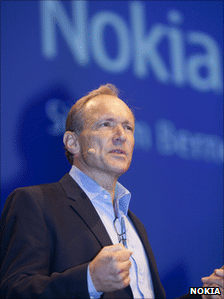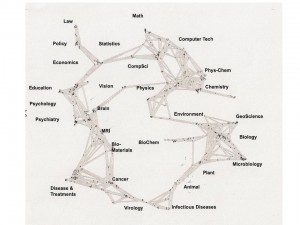Today, with permission, I present Tom Atlee's newest vision, “Are We Ready to Change the Game Yet?,” and at the end, a link to his 2000 audio interview with Jim Rough, pioneer of Citizen Wisdom Councils and author of Society's Breakthrough.
ARE WE READY TO CHANGE THE GAME YET?
by Tom Atlee

Some people say Gandhi was about nonviolence. And he was.
But he is significant for something else that I believe is far more important:
He changed the game.
With no one's permission, he reconfigured the playing field of colonialism to a higher Game in which everything the British did in their smaller, narrower game backfired on them. Prisons, guns, threats and bureaucracies of control not only ceased to work like they used to, but actually generated more power for Gandhi's world-changing Game.
Gandhi's Game involved, in his words, “experiments in Truth” — a search for Truth, a bigger Truth, a common inclusive Truth, a win-win Truth in every situation. The British — and even many of Gandhi's compatriots — were not aligned to that Truth. They wanted victory, control, and righteousness. These things trapped them in their smaller game until, one by one, and sometimes wholesale, Gandhi's commitment to Truth won their hearts and minds — and Shift happened.
Unfortunately he failed to create adequate social institutions that embodied, sustained, and empowered the Search for Truth by the whole of society. He depended on individuals seeing the light and being transformed. The miracle of his work is that so many people did transform — and continue to transform even to this day — inspired by his words, his life, his work. But in the end, what he left was an inspiring possibility, not an India or a world that was united, peaceful, just and sustainable.
Today's world calls us, with increasing intensity, not just to carry on Gandhi's work, but to carry it further. It isn't a matter of doing nonviolence as he and Martin Luther King, Jr., did it. It is a matter of changing the game.
Which brings me to the current state of U.S. politics and governance. These games are desperately in need of changing. Several recent innovations offer us the possibility to actually accomplish that and the timing is ripe.







